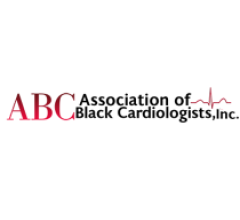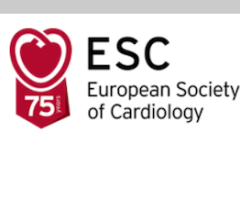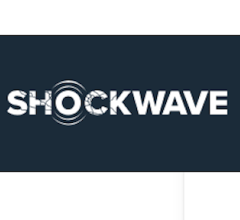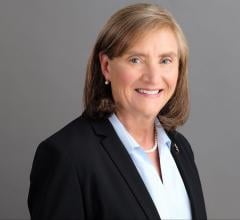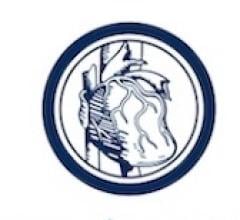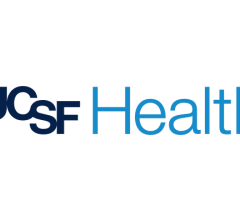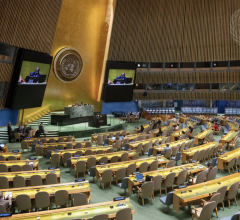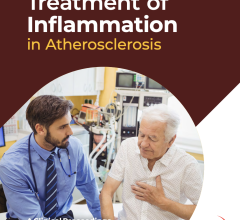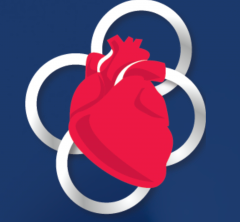
January 15, 2024 — A public-private partnership Think Tank, scheduled for Feb. 29-March 1, will be presented by the Cardiac Safety Research Consortium (CSRC) in San Diego, CA, in collaboration with Knobbe Martens and the University of California San Diego (UCSD). The Cardiac Safety Research Consortium (CSRC) is a collaborative partnership of industry, academic and government leaders, dedicated to advancing the scientific study of cardiac safety issues.
According to planners, the 2-day “CSRC Think Tank: Leveraging Remote Monitoring for Cardiac Safety in Clinical Trials,” offers an opportunity to collaborate with government regulators in defining best practices for evaluation of cardiac safety in clinical trials. Participants will join U.S. Food and Drug Administration (FDA) regulators, industry, and academia to discuss whether current remote cardiac monitors are good enough for clinical trials, as well as the implications of using Artificial Intelligence (AI) for monitoring cardiac safety.
This think tank will address issues and questions surrounding the use of remote monitoring (e.g., wearables, monitors, apps) for cardiac safety in clinical trials. It will provide real world examples of how different devices are being used, strengths and limitations of remote cardiac safety data, as well as regulatory expectations for devices used in clinical trials. Further, reports CSRC, the event will produce a manuscript detailing current best thinking about the proper choice for remote monitoring of cardiac safety depending on clinical trial, patient and device characteristics.
The event begins with a meet and greet event on Feb. 29 to be held at Knobbe Martens, which will also play host to the Think Tank on March 1, which begins with an 8:00 a.m. PT welcome and closes with a 3:30 p.m PT Wrap-Up and Recommendations session. A reception immediately following the event will take place at Home Lab at University of California San Diego (CSD) in LaJolla, CA.
Program Highlights
The program will include the following topics, address key questions and feature the following scheduled speakers:
Current Status of Remote Monitoring in Clinical Trials
What is “real-time” monitoring? — Mintu Turakhia (Stanford University)
Issues in running decentralized trials — Todd Rudo (Clario)
What do the studies tell us? REACT, LOOP etc. — Euan Ashley (Stanford University)
Safety Oversight of decentralized trials — Leanne Madre (Medable)
Remote Arrhythmia Monitoring from an Academic Perspective — Greg Marcus (UCSF) Do Remote Heart-Monitoring Devices Work? Pros and cons — Polina Voloshko (BioTel)
Current Status of Remote Monitoring in Clinical Trials (continued)
Utility of continuous high-density data using wearable digital sensors in clinical research — Antoniu Fantana (EliLilly)
Wearable Ultrasound Technology — Sheng Xu (UCSF)
Reducing Noise to Signal — Waqaas Al-Siddiq (Biotricity)
Discussion: Promise and Limitations of remote monitoring for cardiac safety in clinical trials — Discussant: Dave Albert (AliveCor)
Regulatory issues related to validation of remote monitoring technologies, moderated by Philip Sager
When does a device require CDRH approval? And Regulatory Issues regarding medical devices and drug development — Rob Kazmierski (FDA)
A Center for Drug Perspective on Cardiac Safety — Rosilyn Adigun (FDA) Consumer Wearables in pediatrics: Should there be standards? — Salim Idriss (Duke)
V3 Framework for Digital Clinical Endpoints — Candice Taguibao (Digital Medicine Society)
Data Standardization — Jose Vicente (FDA) Discussion: What are the primary regulatory concerns for implementing RPM in clinical trials — Discussant Sanjeev Bhavnani (Scripps)
The afternoon sessions will focus on addressing the following:
Are Remote Cardiac Monitors good enough for clinical trials?
How could/should RPM product design be optimized for trial subject use, adherence, and accessibility? What specific considerations (e.g., regulatory, data reporting, etc.) should be given around inter-subject variability of periods of RPM interruption (e.g., showering, device recharging, misplacement? Speakers: Rajesh Ghosh, Mark Mentzer, Todd Rudo, Greg Marcus, Rosalyn Adigun, Rob Kazmierski
Artificial Intelligence (AI) medical devices in clinical trials
Do AI remote medical devices have a place in clinical trials? How would that differ from non-AI devices? How would regulatory authorities view use of AI devices in clinical trials? Do they require periodic validation? What regulatory considerations are there beyond algorithm validation for AI/ML medical devices? Speakers: John Rootenberg, Sanjeev Bhavnani, Mintu Turakhia, Rosalyn Adigun, Rob Kazmerski
Do we need new safety definitions when using RPM in clinical trials?
What should be the criteria for defining AE from the outliers/abnormalities identified by wearables from RPM? ? How do health authorities view RPM when assessing outcomes for clinical trials, and what are their key challenges? Can it be to support efficacy parameters? Is there a role for normative data? Do we need to Do we need to define new endpoints to support remote monitoring? Speakers: Jonathan Seltzer, Antoniu Fantana, Rosalyn Adigun, Candice Taguibao, Waqaas Al-Saddiq
Consortium Background
The Cardiac Safety Research Consortium (CSRC) defines itself as providing leadership and guidance for regulators, public and private clinical researchers through an open, interactive forum to collectively address cardiovascular related issues in clinical trials for both new and existing products. The organization offers unique resources and a collaborative structure that allows for valuable contributions to scientific study design, data analysis and interpretation and dissemination to the public. It further adds that the impact of CSRC and the thought leadership of its members on key cardiac safety research issues has a proven track record of benefiting the global scientific and regulatory community. According to the organization, CSRC’s non-competitive environment allows for experts to engage in a rigorous, transparent process to define an optimal path forward in the advancement of cardiac safety research, knowledge and excellence.
More information: www.cardiac-safety.org

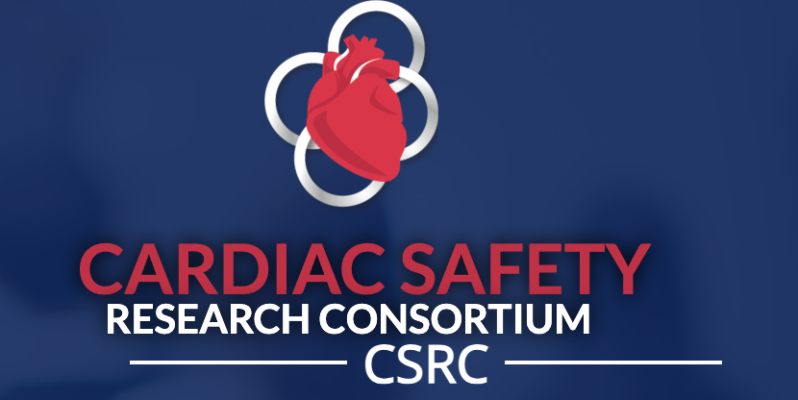
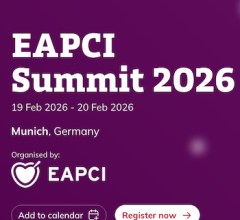
 February 04, 2026
February 04, 2026 
